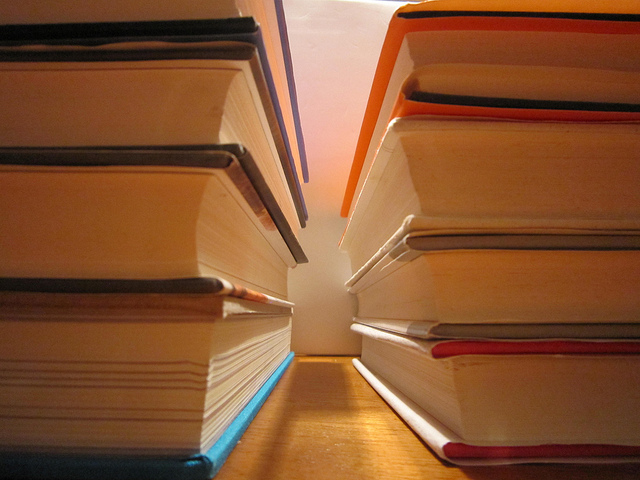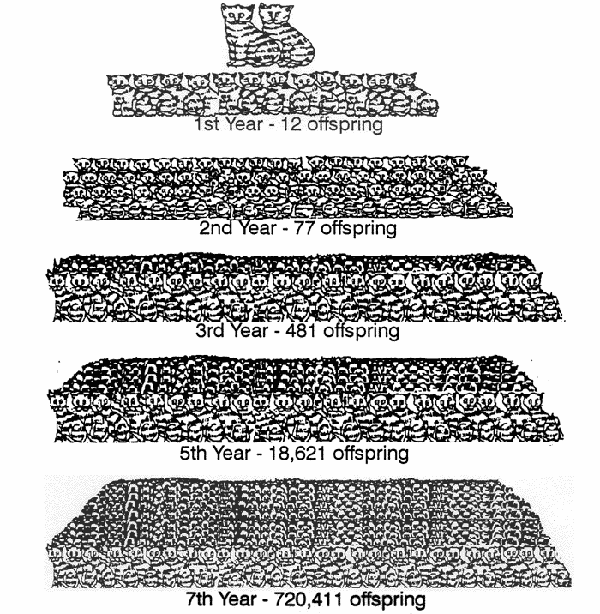LOOSE RULES FOR OUR ATTENTION

Photo by Kate Ter Haar.
As I get older, sicker, and more beset with claims on my attention, I find myself dreaming up simple rules for gracefully consuming my way through the world. As a person reliant on deeply industrialized and entangled societies for money, food, medicine and entertainment, I find that simple tricks help me feel sane. Heuristics are useful when navigating complex systems, be it 21st century America or your personal ethics.
The following rules of thumb might help if you feel overwhelmed with the incomprehensible amount of interesting culture to eat and be eaten by. Because books are the media that I chase and covet the most, I’ll use them here. Altering the immortal words of Gale: “So many books, so little time.”
1. When in doubt, don’t read it.
Err on the side of omission. You might die tomorrow—hell, you might die tonight—and wouldn’t you regret it if you slogged through fifty more pages of some book that just feels serviceable?
2. If the author’s a bigot, don’t read it.
This applies to Mein Kampf all the way down to that writer that said “I just can’t fuck any more NYU students with Jim Morrison posters on their wall.” With so much potentially transcendent literature written by not-immediately-obvious-assholes just waiting in libraries and in book stores, feel free to judge with severe intolerance.
3. If it’s new, don’t read it.
Like evolution, time is a critic without aim, but there’s a lot of literature that has been retold, copied, salvaged and painfully rebuilt because it’s wildly powerful or innovative to most people that engage it. The newer the book you’re reading, the more likely it’ll be buried by the sands of time.* Lately, I’ve been reading mostly ancient literature and looming works from a few centuries ago, and I’m having trouble returning to contemporary stuff. But this difficulty feels nice.
On Ecology and Art
“Will you please write just one great book instead of a bunch of good ones, please?”

I read that on Twitter about an hour ago, from Giancarlo. I’ve been wanting to write down or through some thinking about an ecology of art for awhile. Ecology may be the right word, economy may be the right word. I’m wary of economy. I hate economics and finance, although I find myself morbidly curious about it all.
I’m increasingly convinced that living in megaindustrialized/meganetworked environments is not good, for the most part. Abuses of power are rampant and easy to hide behind layers and layers of abstracted steps up or down the supply chain. I’m thinking about: the bloody production of electronics, the bailout of gambling houses/i.e. banks and investment firms, the Gulf oil spill, the Iraq & Afghanistan wars. As much as I’d like to dodge particularizing the general and vice versa, these destructive events seem to stem from the mishandling of resources. Companies like Apple, Dell, Sony and Samsung don’t want to pay suppliers and manufacturers more to make sure their materials come from mines that aren’t run by violent criminals; they point their finger at the next abstract layer in the supply chain and say ‘We’re trying, but it’s really their responsibility.’ It’s easy to use your publicly trusted persona to direct attention/blame elsewhere. BP avoided building and maintaining a safe structure. They saved money in the short term, then the rig blew up. People died. We know the rest. I don’t claim to know much, but I bet that building hospitals and schools and roads in Iraq and Afghanistan would be more effective against future violence than what’s happening there now. It may not guarantee an easy extraction point for oil and lithium, though. READ MORE >
